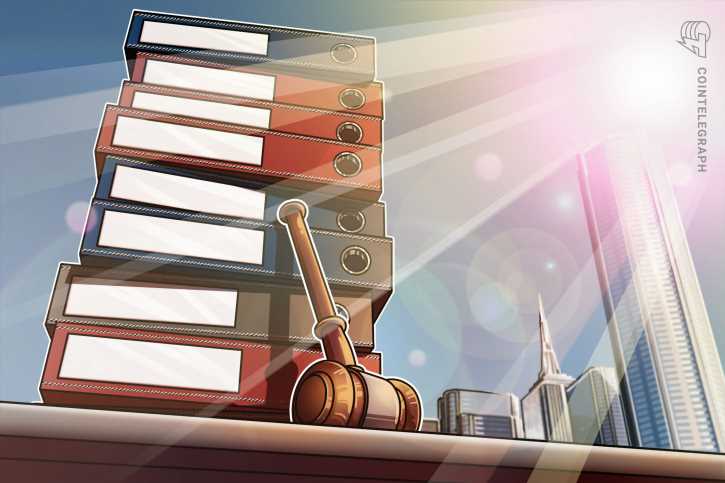A Utah federal judge has reversed his own dismissal of a class-action lawsuit against online retailer Overstock that alleges it manipulated the market by issuing a security token “Digital Dividend” to shareholders last year.
On Jan. 6, Judge Kimball reversed his previous decision to dismiss the lawsuit, granting the plaintiffs’ request from October to file an amended consolidated complaint.
The class-action was filed by lead plaintiff Mangrove Partners Master Fund in September 2019, alleging that Overstock lied about the purpose of its OSTKO security token — which the plaintiffs claim was designed to “punish” short-sellers
The suit also alleged that Overstock misled investors as to the finances of its retail division and did not disclose that it had failed to secure director and officer liability insurance.
The judge previously granted motions to dismiss the lawsuit in September last year, after he found that Overstock’s security token issuance did not manipulate the market, and that the firm’s earnings statement revisions were protected by the Private Securities Litigation Reform Act. At the time, Kimball concluded the complaint was “a classic attempt to plead fraud by hindsight.”.
But on Wednesday, Judge Kimball stated he had made a “mistake” by having overlooked a footnote in the plaintiffs’ opposition to the motions to dismiss that requested permission to file an amended complaint should the case be rejected.
The apparently extensive footnote also included new evidence from confidential witnesses the plaintiffs argue demonstrates that Overstock’s executives were aware of the scale of its financial woes.
Overstock’s OSTKO security token began trading on its tZERO alternative trading system in May 2020, with the token exploding from roughly $10 to a high of $89 in mid-August. The token has since slumped by 50%, and last changed hands for $48.50.
According to Stomarket, OSTKO has a market cap of nearly $212 million, which would rank it as the 85th-largest crypto asset by capitalization. OSTKO represents roughly half of all secondary security token trade activity.
Source: Read Full Article
